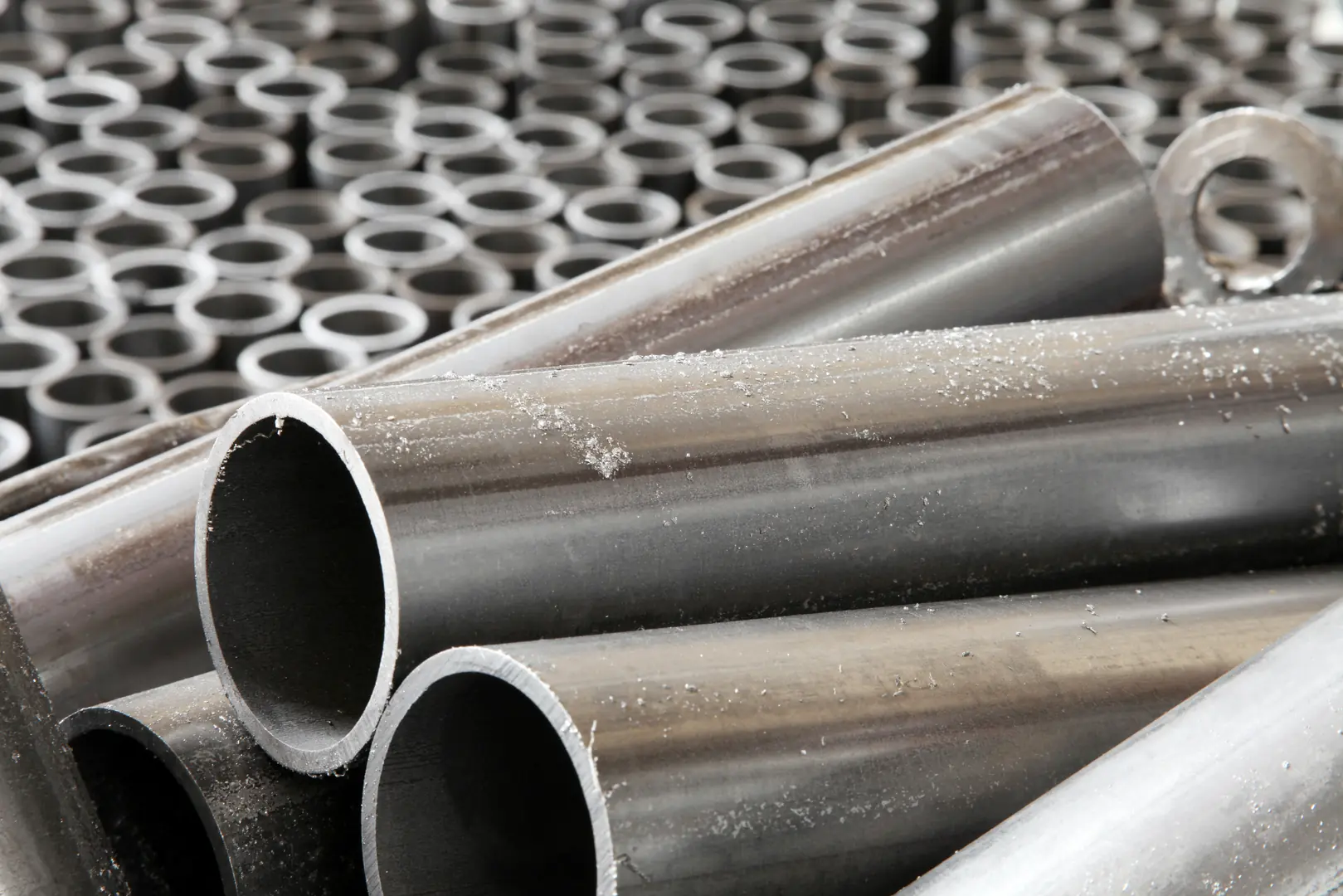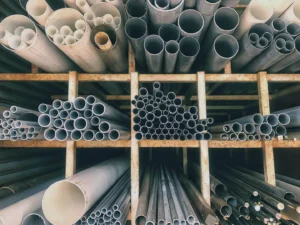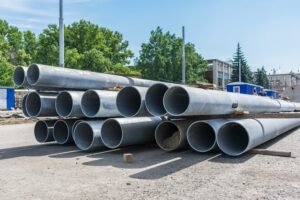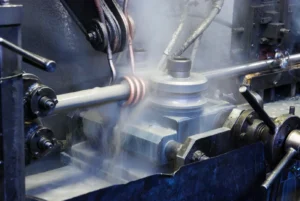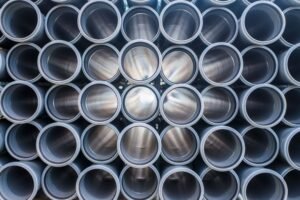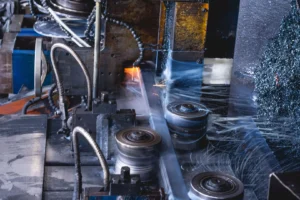Top 5 Applications of Stainless Steel Pipes in the Petrochemical Industry
`Petrochemical operations are unforgiving environments. Material failure is not an option, so choosing the right piping is critical for safety and success.
Stainless steel pipes are essential in the petrochemical industry for five key applications: hydrocarbon processing, fluid transport, heat exchange systems, chemical synthesis, and waste treatment. Their resistance to corrosion, high temperature, and pressure makes them the premier choice for ensuring operational integrity.
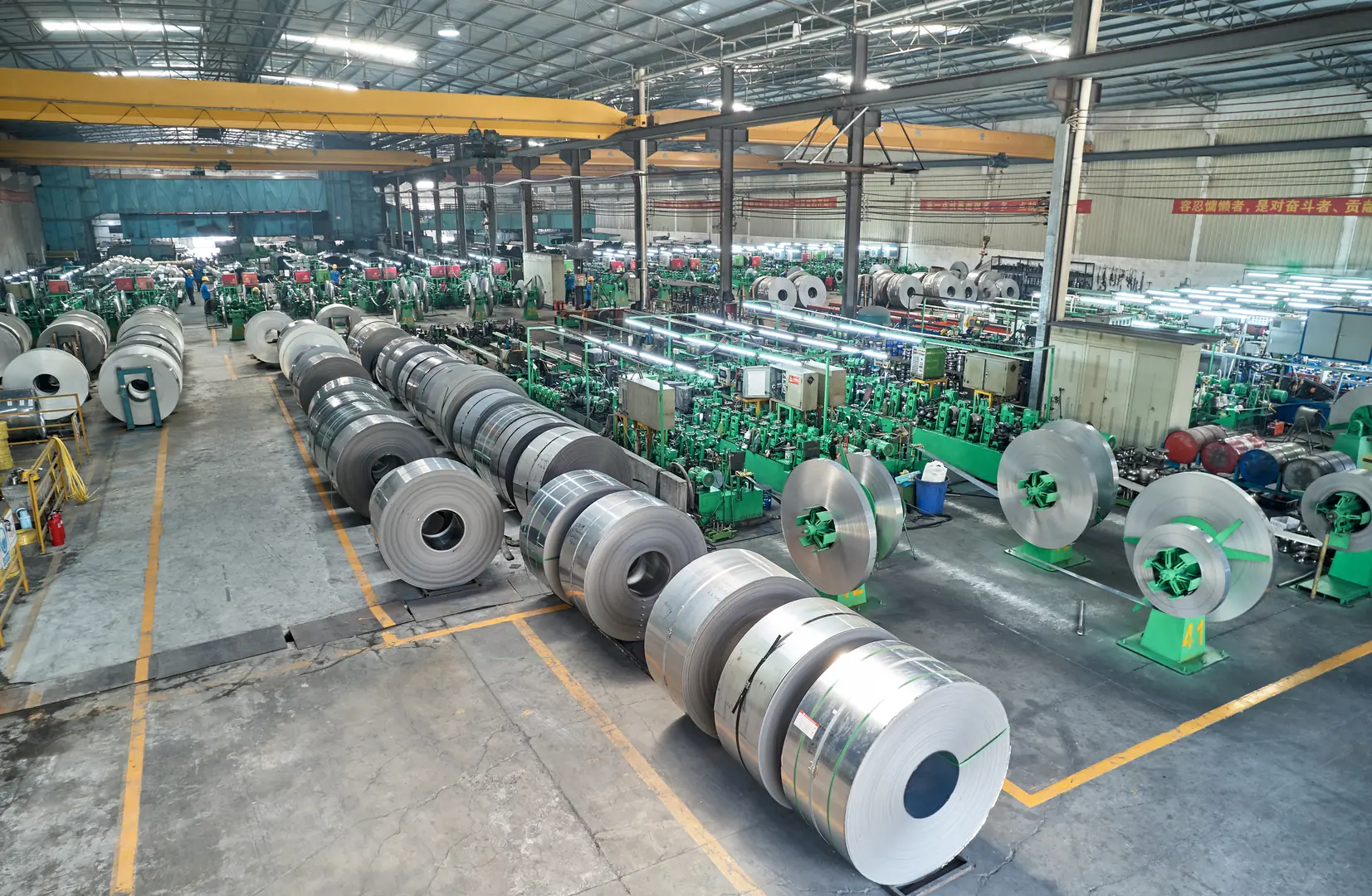
As the Global Business Director for MFY, I've seen firsthand how the right material choices can define the success of a major project. The petrochemical sector relies on materials that can perform flawlessly under the most extreme conditions. Stainless steel isn't just a component; it's the backbone of modern processing plants, ensuring safety, efficiency, and product purity. Let's explore why this material is so indispensable and look at its most critical applications.
Why Are Stainless Steel Pipes So Critical in the Petrochemical Industry?
Harsh chemicals and extreme pressures define petrochemical plants. Using the wrong materials can lead to catastrophic failures, so stainless steel's reliability is non-negotiable.
Stainless steel pipes are critical because of their exceptional resistance to corrosion, high temperatures, and intense pressures. This unique combination of properties prevents leaks, avoids product contamination, and ensures the long-term safety and efficiency of petrochemical operations.
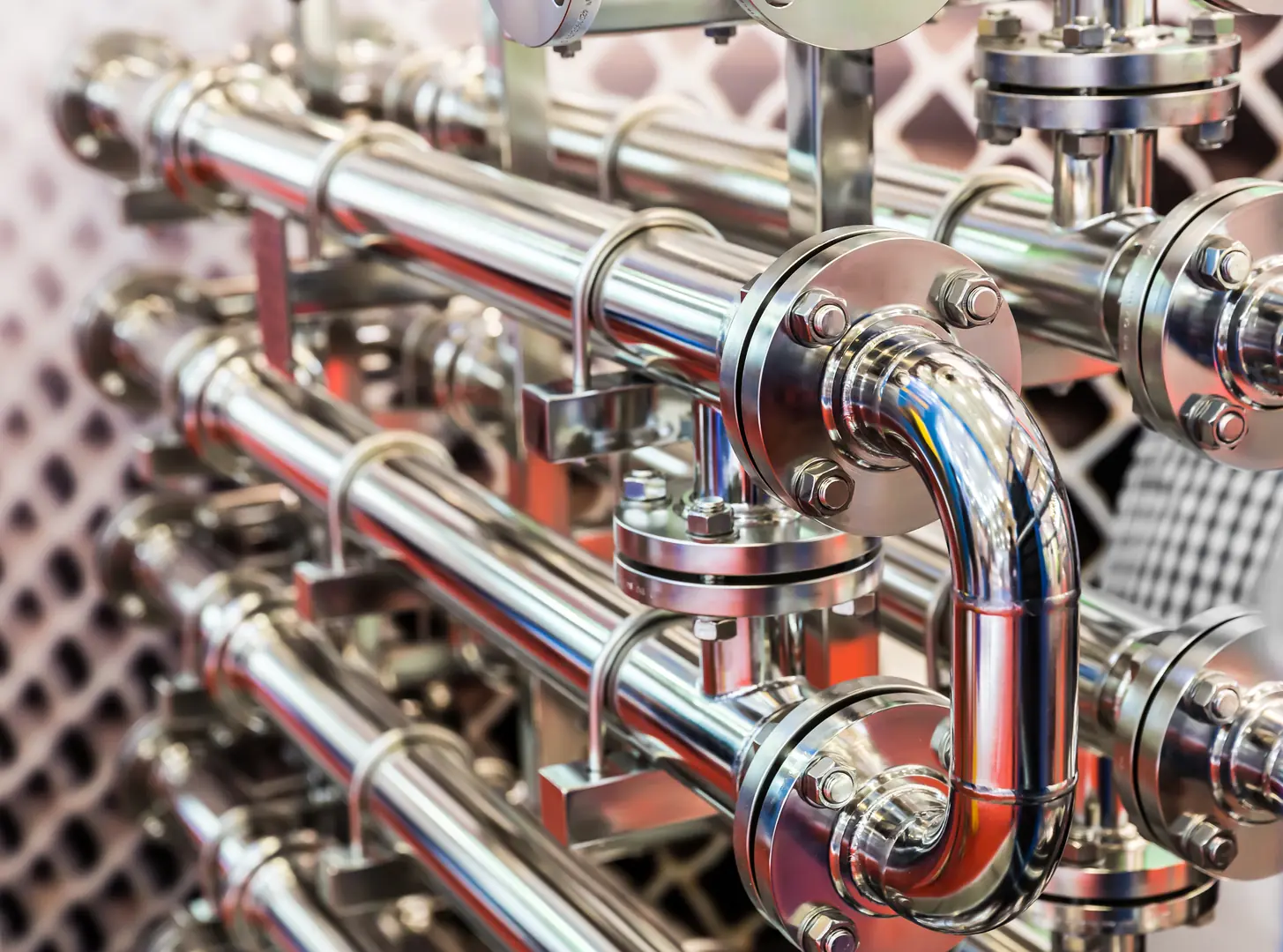
In the world of industrial materials, performance is everything. The petrochemical industry pushes materials to their absolute limits. We're talking about transporting highly corrosive fluids at temperatures that would compromise lesser metals. This is where stainless steel truly proves its value. It’s not just about strength; it's about resilience. I've worked with facility managers who see their piping infrastructure not as a cost, but as an insurance policy against downtime and disaster.
Ensuring Operational Safety
The number one priority in any plant is safety. A pipeline rupture can have devastating consequences for personnel, the environment, and the business. Stainless steel's inherent toughness and resistance to stress corrosion cracking (SCC)[^1] in specific grades make it the gold standard for handling volatile substances. It provides a level of reliability that plant operators depend on to maintain safe operating conditions day in and day out.
Maintaining Product Purity
Petrochemical processes often involve creating highly pure chemical compounds. Any contamination from the piping material itself can ruin an entire batch, costing millions. Stainless steel is inert and non-reactive with most chemicals, which means it doesn't leach elements into the product stream. This ensures the final product meets stringent quality specifications, a crucial factor for our clients in specialty chemicals.
| Feature | Stainless Steel | Carbon Steel |
|---|---|---|
| Corrosion Resistance | Excellent | Poor (requires coating) |
| Temperature Tolerance | High | Moderate |
| Product Purity | Excellent (Inert) | Risk of Contamination |
| Lifecycle Cost | Lower (less maintenance) | Higher (frequent replacement) |
Where Are Stainless Steel Pipes Most Commonly Used in Petrochemical Processes?
Moving volatile fluids and chemicals safely is a huge challenge. A single leak can be catastrophic, so specific applications demand stainless steel's superior strength.
The top five applications for stainless steel pipes in petrochemical processes are: 1) Hydrocarbon Processing, 2) High-Pressure Fluid Transport, 3) Heat Exchangers, 4) Chemical Synthesis Reactors, and 5) Environmental and Waste Treatment Systems.
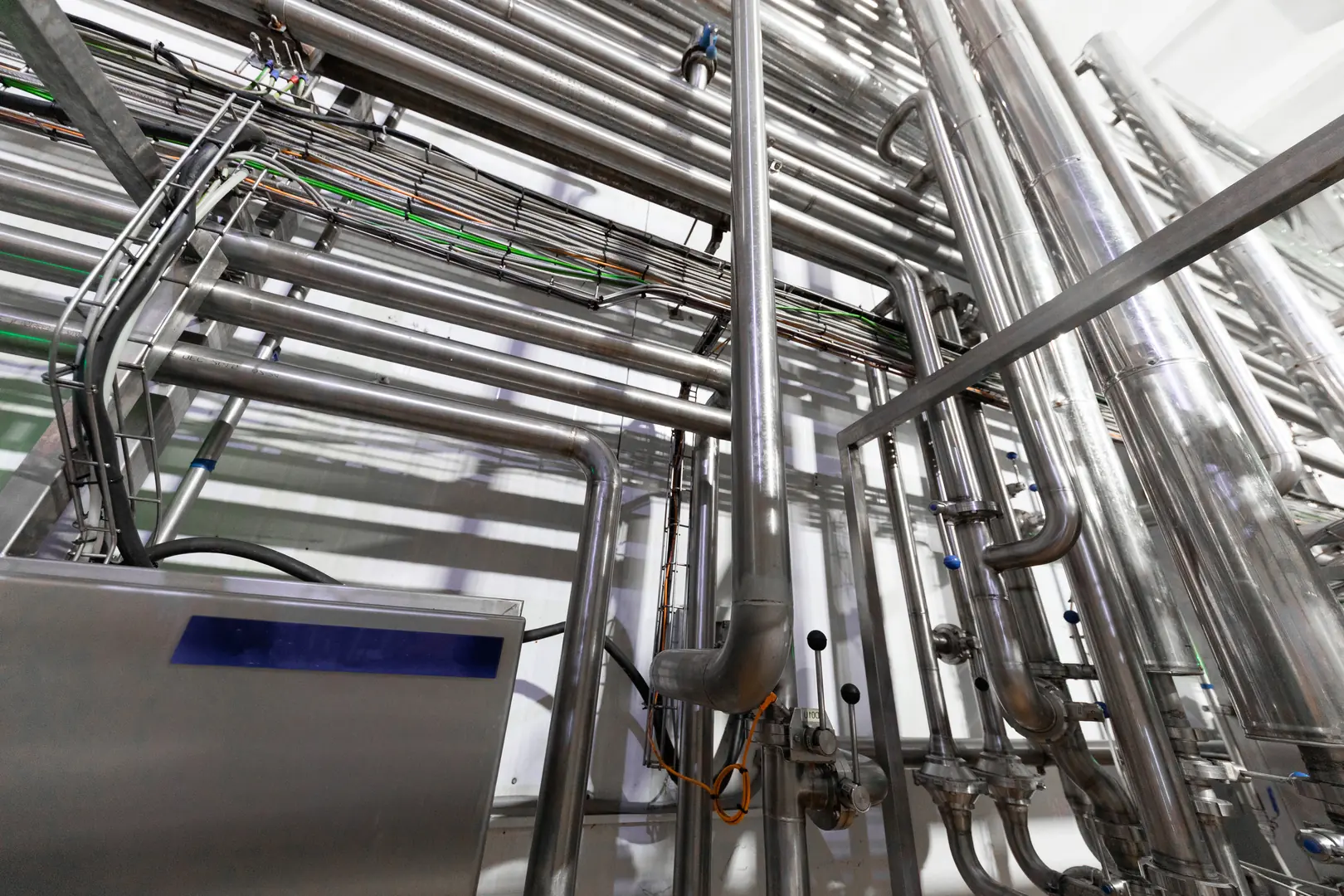
These five areas represent the heart of a petrochemical facility, where conditions are most demanding and reliability is paramount. At MFY, we supply pipes for these exact applications, and we understand the unique demands of each one. I remember a project in the Middle East where selecting the right grade of duplex stainless steel for a high-pressure hydrocarbon line was the single most important decision. It was the difference between a 25-year service life and potential failure within five years. That’s the kind of impact material selection has.
1. Hydrocarbon Processing
From crude oil distillation to cracking units, pipes are exposed to sulfur compounds and high temperatures. Grades like 316L and 317L are used to resist corrosion from these aggressive hydrocarbons, ensuring the process runs smoothly.
2. High-Pressure Fluid Transport
Transporting processed fuels, acids, and gases requires pipelines that can handle immense pressure without risk of rupture. Duplex and super duplex stainless steels[^2] are often specified here for their superior mechanical strength and corrosion resistance.
3. Heat Exchangers
Heat exchangers are vital for controlling process temperatures. Stainless steel pipes are formed into tubes that must withstand constant thermal cycling and corrosive fluids on both sides, making grades like 304 and 316 essential.
4. Chemical Synthesis Reactors
In reactors where new chemicals are created, pipes must handle a cocktail of catalysts and reagents at specific temperatures and pressures. The inert nature of stainless steel prevents unwanted side reactions and maintains process control.
5. Environmental and Waste Treatment
Modern plants must safely handle waste streams, which are often highly corrosive. Stainless steel piping is used in scrubbers, wastewater treatment, and flare gas systems to comply with environmental regulations and prevent leaks.
What Are the Biggest Challenges for Stainless Steel Pipes in Petrochemical Environments?
Even a robust material like stainless steel has its limits. Extreme conditions can cause unexpected corrosion, so understanding these potential challenges is key to prevention.
The biggest challenges for stainless steel pipes in petrochemical environments include pitting corrosion from chlorides, stress corrosion cracking (SCC) under tensile stress, and high-temperature oxidation and creep in extreme heat applications.
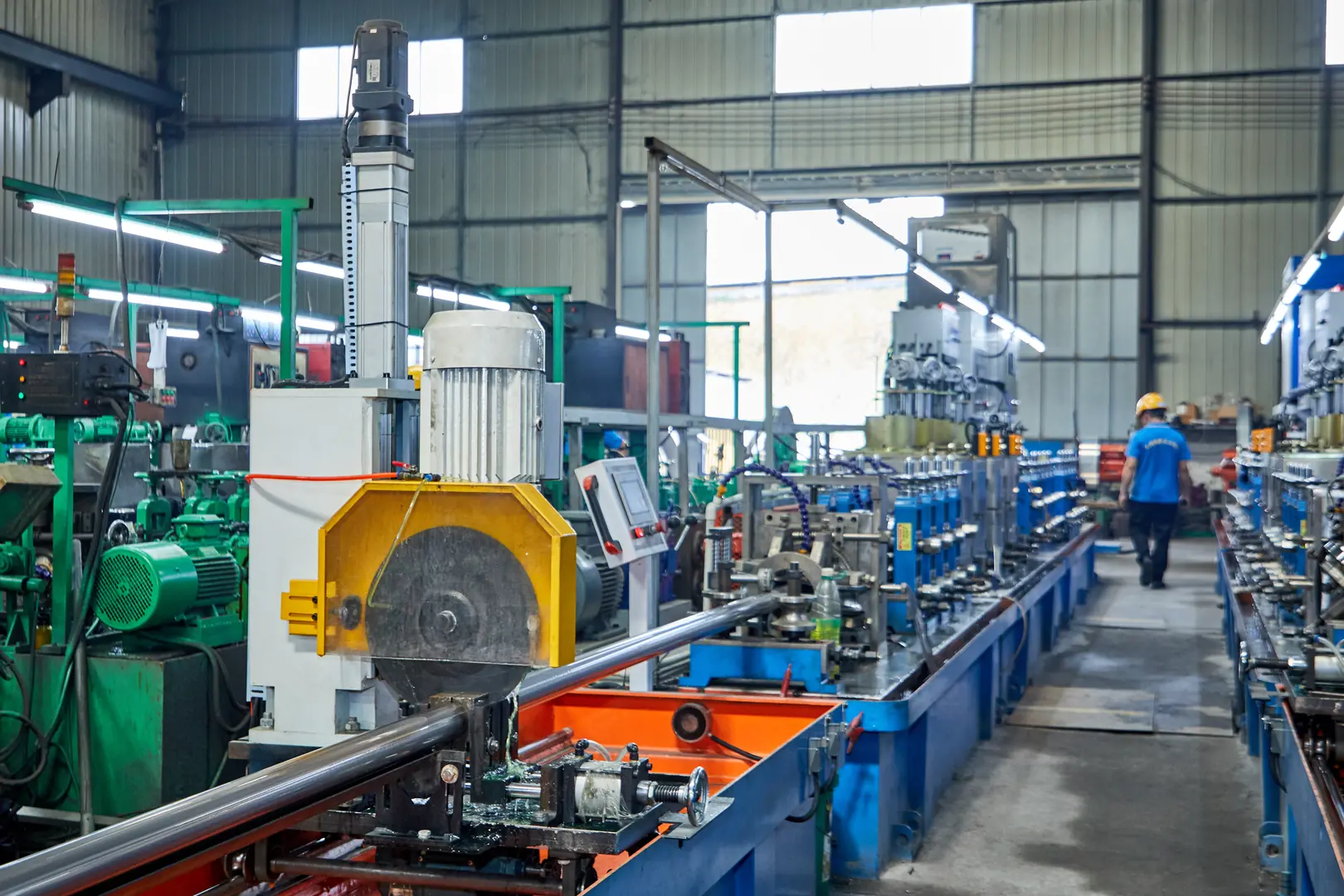
It's a mistake to think of stainless steel as invincible. While it is incredibly resilient, the right combination of chemical exposure, temperature, and stress can lead to failure. I've consulted on cases where an incorrect grade was specified for a chloride-rich environment, leading to pitting corrosion far earlier than anticipated. This is why a deep understanding of both the material and the application is so vital. It’s not just about selling pipe; it’s about providing a lasting solution. The goal is to anticipate these challenges and engineer the system to mitigate them from day one.
Pitting and Crevice Corrosion
This is a localized form of corrosion that can create small holes in the metal. It's often triggered by chlorides, which are common in coastal plants or in certain process fluids. If left unchecked, these small pits can lead to leaks.
Stress Corrosion Cracking (SCC)
SCC is a particularly dangerous form of failure because it can occur at stress levels well below the material's yield strength. It requires a specific combination of tensile stress, a corrosive environment, and high temperature. Certain austenitic grades can be susceptible, which is why duplex stainless steels are often preferred in high-stress, high-chloride applications.
High-Temperature Degradation
In applications like furnaces and reactors, pipes are subjected to extreme heat for long periods. This can lead to oxidation (scaling) and creep, a slow deformation of the material over time. Selecting high-performance alloys with elements like nickel and chromium is essential to combat this.
How Can We Enhance the Performance of Stainless Steel Pipes in Petrochemical Plants?
Standard grades of stainless steel are not always enough. You need better performance without breaking the budget, which is where advanced alloys and proper maintenance come in.
We can enhance performance by focusing on three key areas: strategic selection of advanced materials like duplex and super duplex steels, applying specialized surface treatments, and implementing robust, proactive maintenance and monitoring protocols.
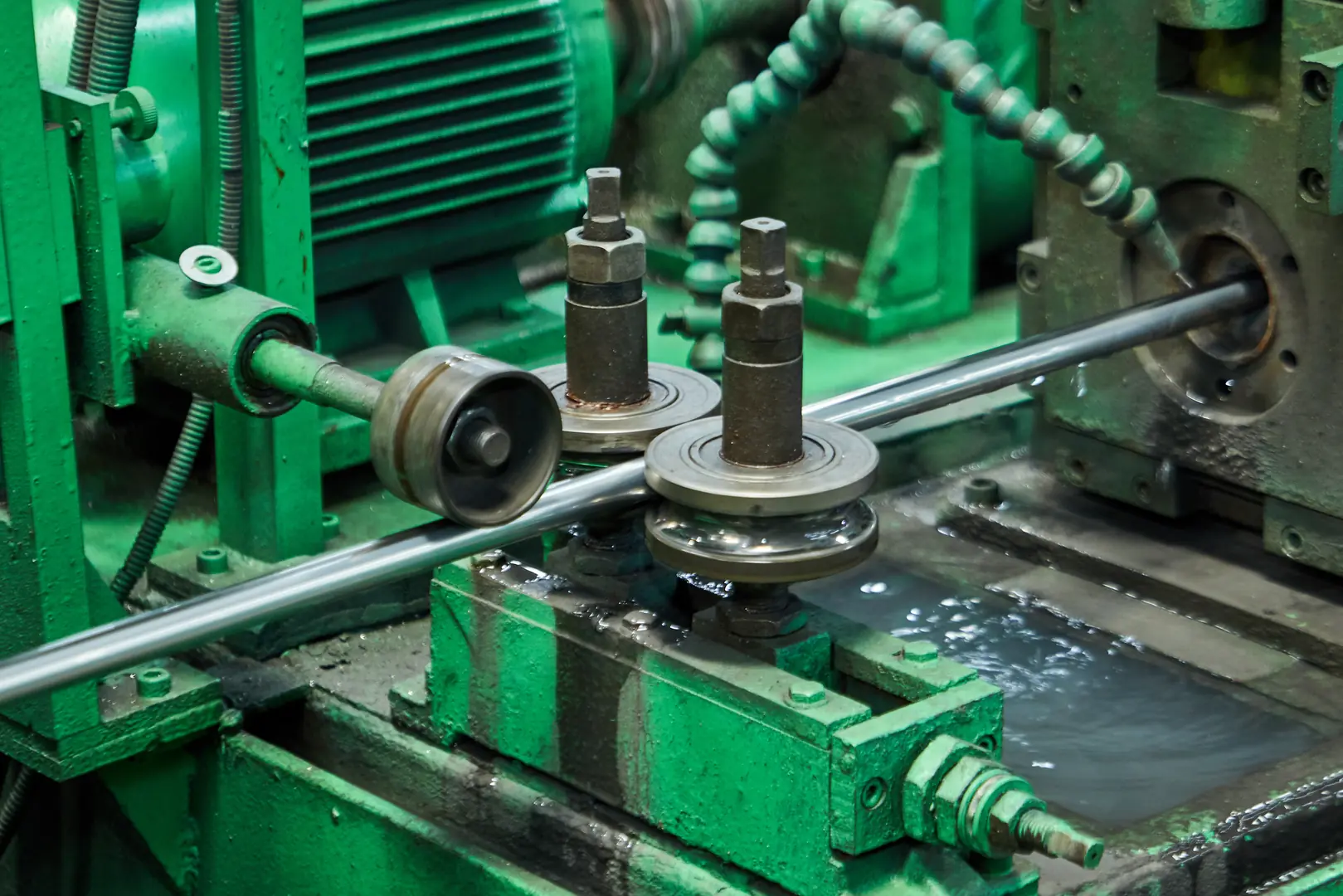
Solving complex engineering challenges is what drives our industry forward. At MFY, we don't just supply standard products; we partner with clients to find the optimal solution. This often means moving beyond the common 304 or 316L grades. This proactive approach is also central to the industry's push for greater sustainability. By selecting the right material and maintaining it properly, we extend the infrastructure's lifecycle, which significantly reduces long-term costs and the overall environmental impact. It's about building smarter, not just stronger.
Strategic Material Selection
This is the most critical step. Instead of a one-size-fits-all approach, engineers must analyze the specific service environment.
| Grade | Key Advantage | Typical Application |
|---|---|---|
| 316L | Good general corrosion resistance | Chemical processing, fluid transport |
| Duplex 2205 | High strength & SCC resistance | High-pressure lines, coastal areas |
| Super Duplex 2507 | Excellent in harsh, chloride media | Subsea, desalination, acid plants |
Advanced Surface Treatments
Processes like electropolishing can create an ultra-smooth, passive surface that is more resistant to corrosion and prevents product buildup. This is particularly useful in applications requiring high purity.
Proactive Maintenance and Monitoring
Regular inspections using non-destructive testing (NDT)[^3] methods can identify potential issues like wall thinning or micro-cracks before they become critical failures. This predictive approach is far more effective than reactive repairs.
What Future Innovations Will Shape the Use of Stainless Steel Pipes in Petrochemicals?
The petrochemical industry is constantly evolving. Staying ahead of the curve requires embracing new technology, and smart pipes and new alloys are leading the way.
Future innovations will be driven by two main trends: the development of "smart" piping systems with integrated sensors for real-time monitoring, and the creation of new, advanced stainless steel alloys designed for even more extreme service conditions.
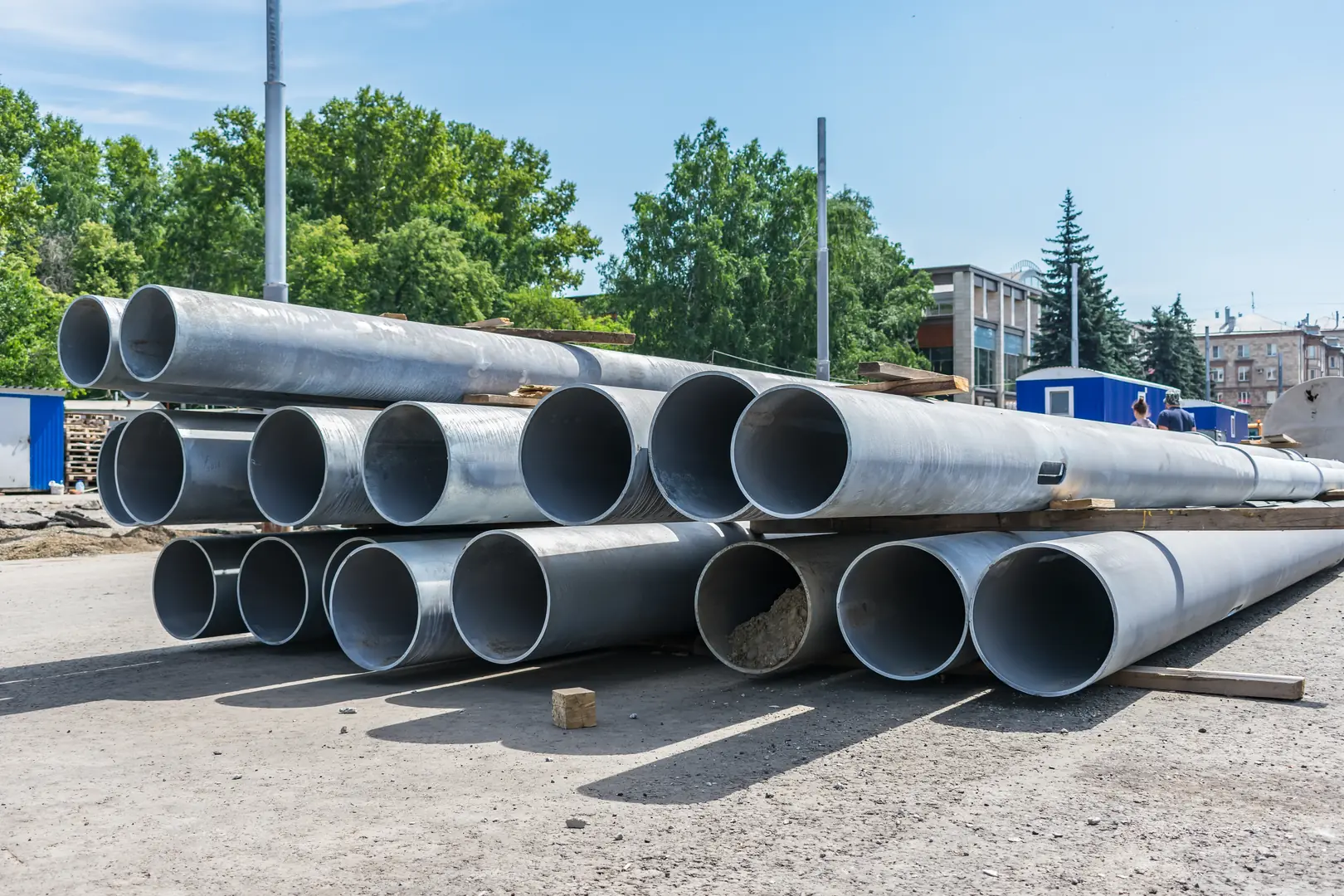
Looking ahead, I am most excited about the integration of digital technology with our physical materials. The concept of a "smart" plant is no longer science fiction. At MFY, we are actively exploring partnerships and technologies that will embed more intelligence into the supply chain. Imagine a pipeline that can report its own structural integrity in real-time, allowing for predictive maintenance that prevents failures before they happen. This is the future we are building towards—a future where our materials not only provide strength and resilience but also data and transparency.
The Rise of 'Smart' Piping Systems
The next frontier is embedding fiber-optic sensors or wireless IoT devices directly onto or into stainless steel pipes. These sensors can continuously monitor temperature, pressure, strain, and even the chemical signs of corrosion. This data can be fed into a plant's "digital twin," a virtual model of the facility. This allows operators to run simulations and predict when and where maintenance will be needed, dramatically improving safety, reducing downtime, and optimizing operational efficiency.
Advances in Alloy Development
Metallurgists are constantly working to create new alloys that push the boundaries of performance. We are seeing the development of materials with higher concentrations of elements like molybdenum, nitrogen, and chromium to provide even greater resistance to the most aggressive chemicals. These next-generation alloys will enable petrochemical companies to operate processes at higher temperatures and pressures, unlocking new levels of efficiency and production.
Conclusion
Stainless steel pipe is the undisputed backbone of the modern petrochemical industry, valued for its strength and resilience. Success now depends on smart material selection, proactive maintenance, and embracing digital innovations to build safer, more efficient, and sustainable operations for the future.
Have Questions or Need More Information?
Get in touch with us for personalized assistance and expert advice.
